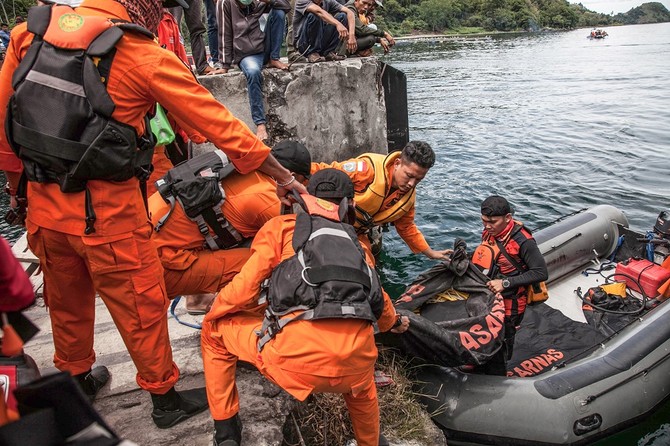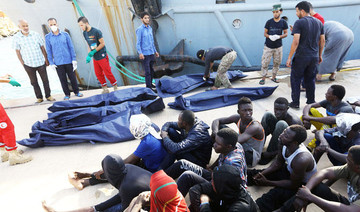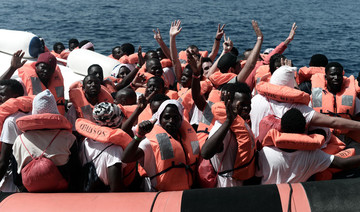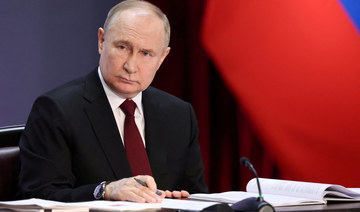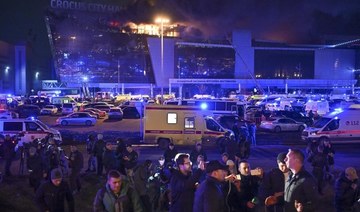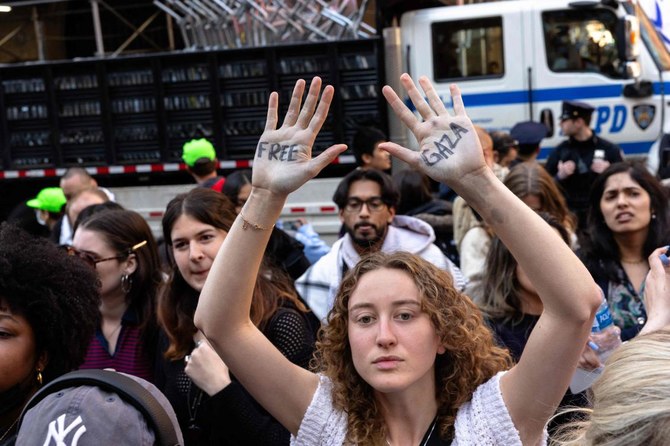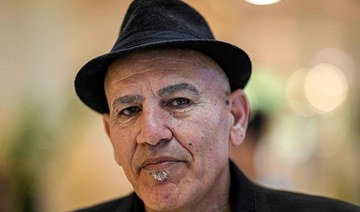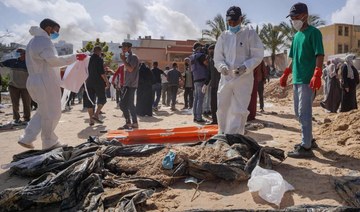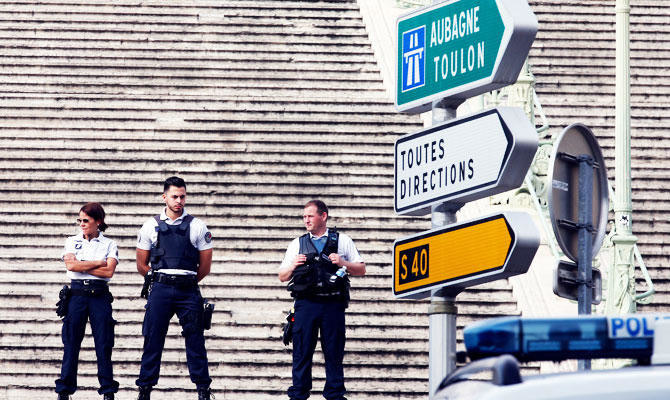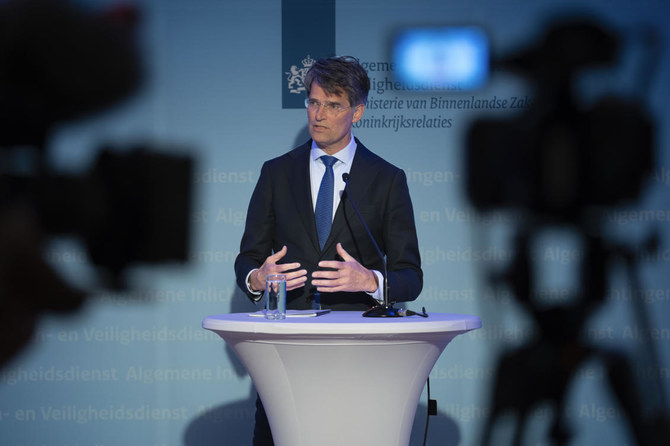SIMALUNGUN, Indonesia: Nearly 180 passengers are missing after a ferry sank into the depths of a volcanic lake in Indonesia, police said Wednesday, almost tripling initial estimates.
But the search-and-rescue agency cautioned it was still unclear how many people were aboard the vessel when it capsized.
The traditional wooden boat which sank Monday on Sumatra’s Lake Toba, a popular tourist destination, was thought to be operating illegally with no manifest or passenger tickets.
The situation has sparked confusion — and different estimates from various agencies — about the number of passengers on the overcrowded boat.
Indonesia’s disaster agency originally said some 80 people along with dozens of motorcycles were on the vessel when it overturned and sank.
It had a 43-passenger capacity, according to the transport ministry.
On Wednesday police said there were as many as 178 people missing, which if confirmed would make it one of Indonesia’s worst maritime disasters.
Authorities have been relying on families who have reported that missing relatives may have been on the doomed vessel.
“Many people got on the boat without a ticket so it’s unclear how many were on board,” Muhammad Syaugi, the head of the search and rescue agency, AFP.
Later at a press conference, Syaugi added: “There are many people who have reported their relatives missing, but whether they were on the boat or not we don’t know.”
So far, four bodies have been found and another 18 people rescued, according to the local disaster agency, as the search turned to recovering the bodies of victims — including those still trapped inside the sunken boat.
“We’ll be here until they find my brother’s body,” said Nurhayati, among hundreds of grief-stricken people waiting by the shore for updates.
“We just want to see his body and take him with us.”
A sobbing Suwarni pleaded for news of her son and his fiance, both believed to have been on board.
“Why are the rescue teams so slow?” said the 55-year-old, who like many Indonesians goes by one name.
“I’m so disappointed — there’s no progress here. Please bring back my son.”
Authorities have deployed divers and underwater vehicles, along with about 400 personnel, to search the enormous lake in an operation expected to last at least a week.
Lake Toba, popular with international and domestic tourists, fills the crater of a supervolcano that erupted tens of thousands of years ago.
It is one of the world’s deepest lakes and extends some 1,145 square kilometers (440 square miles).
“We are looking to search as deep as 400 meters but we haven’t found anything yet because the area is very large,” said the rescue agency’s Syaugi.
Images from the scene Wednesday showed rescuers covering up the bloated body of a woman who had washed ashore.
It was not clear if any foreigners were on board the ferry or what caused the disaster.
Survivor accounts said the boat began shaking as it struggled to navigate strong winds and high waves about halfway into the 40-minute trip from an island in the middle of the lake to shore.
Muslim-majority Indonesia has been celebrating the Islamic festival of Eid since Friday and millions go on holiday during the festivities, with Lake Toba a key destination.
The deadly disaster came just days after more than a dozen people were killed in an unrelated maritime accident that underscored Indonesia’s woeful boat safety record.
Traditional boats — like the one in the Lake Toba disaster — are rarely equipped with enough life preservers and their condition can be dire.
Enforcement of safety standards also tends to be weak.
In 2015 a ferry sank off the coast of the island of Sulawesi, leaving 78 dead or missing.
More than 300 people are estimated to have drowned in 2009 when a ferry sank between Sulawesi and Borneo.




